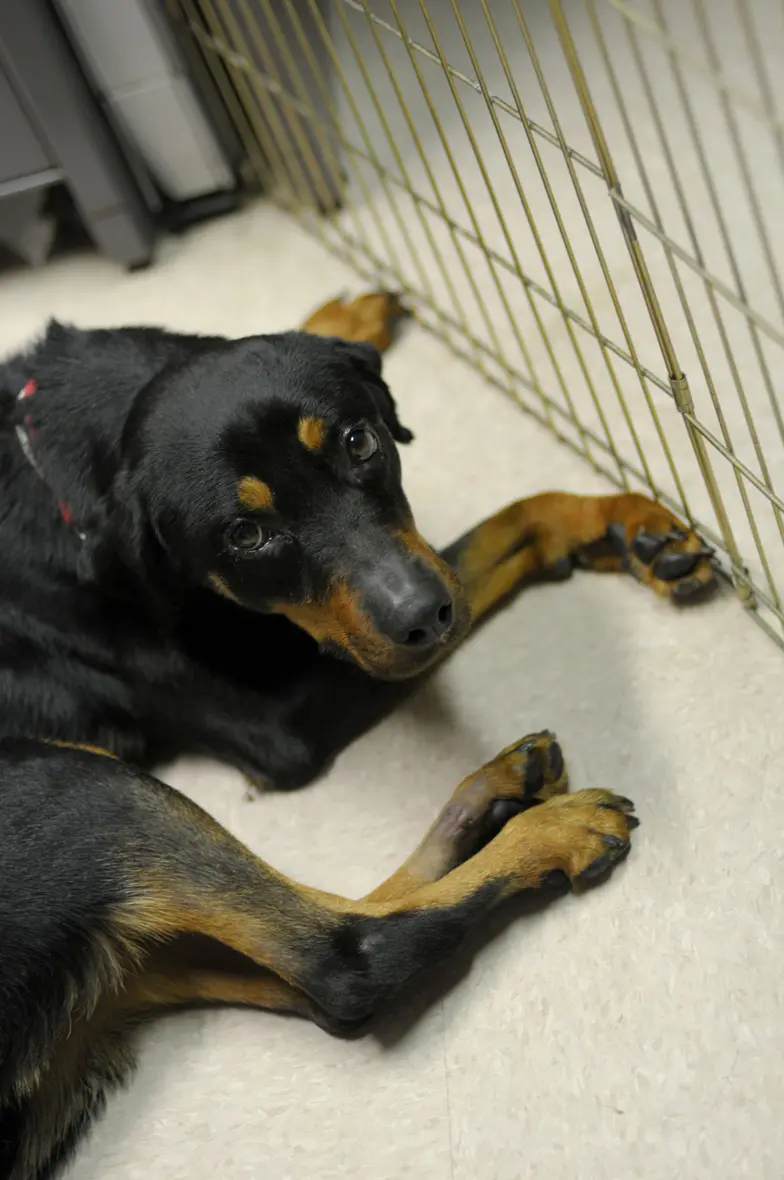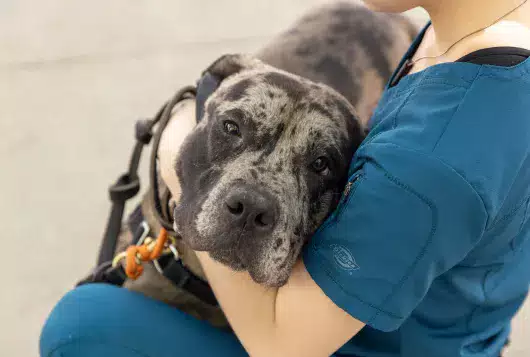Understanding and Treating Laundry Detergent Ingestion

Laundry detergent can cause severe clinical signs when ingested, and the biggest concern is that affected pets will develop aspiration pneumonititis.
In fact, when pets die of this intoxication, aspiration pneumonititis is most often the cause of death.
Pets should be monitored closely for the onset of respiratory signs for the first 12 to 24 hours, and if there is suspected aspiration pneumonitis hospitalization is probably warranted.
Radiographs can be used to evaluate the severity of the pulmonary involvement; oxygen, fluids, coupage, nebulization and antibiotics used to prevent secondary infection. Bronchodilators may be indicated in these cases.
In mild cases, the patient may be managed at home or on an outpatient basis; if there are GI signs they should be treated with antiemetics and GI protectants as needed.
Puppy Ingestion Scenario
Let’s take the case of a 7-week-old Lab puppy who was left in the laundry room while his owners were at work.
The puppy pulled down a container of single-use laundry detergent packs and ingested one pack. Shortly after the owners returned home, he vomited and bubbles were seen coming out of his nose.
He presents to your hospital with continued vomiting and audible wheezing. Upon auscultation, the puppy’s lungs sound wet.
What About These Treatment Options?
Antiemetics: Yes, an antiemetic would be very beneficial for this patient. He has continued vomiting and is at risk of aspiration as he is doing so.
Activated charcoal: No, there is no evidence that it would be helpful in this situation.
Gastrointestinal protectants: Yes, laundry detergent is irritating to the gastrointestinal tract and sucralfate +/- H2 blocker or PPI would be beneficial.
Radiographs: Yes, especially with wheezing and wet lung sounds. Radiographs would be very beneficial if there is aspiration pneumonitis and are also very useful to compare later down the road.
Nebulization: Yes, often nebulization will help keep any debris in the lungs hydrated and help with its expulsion.
Bronchodilators: Yes, this can cause bronchospasm, so bronchodilators may be of benefit.
Antibiotics: While this is a pneumonitis and not a pneumonia situation, antibiotics may be very helpful to try to prevent secondary infections in lungs that will not have normal defenses.
Apomorphine: No, the pet is already vomiting and additional vomiting increases the risk of aspiration.
Coupage: Yes, this can help rid the lungs of debris.
Diazepam: No, there is no indication and sedating the pet will probably not be of benefit.
Oxygen: Yes, often oxygen is needed in pets who are not oxygenating well.
We have lots more on this subject:




